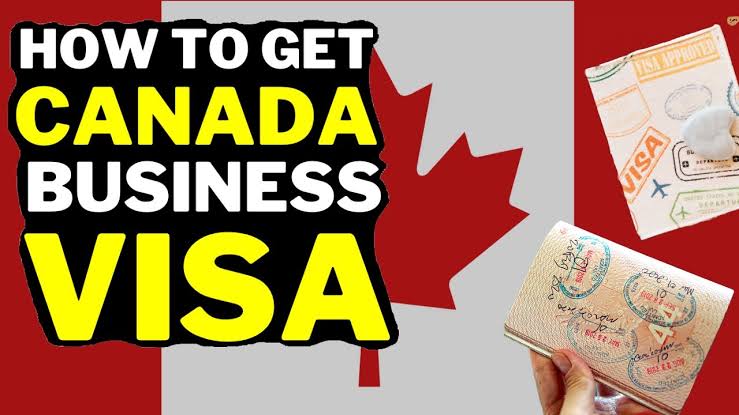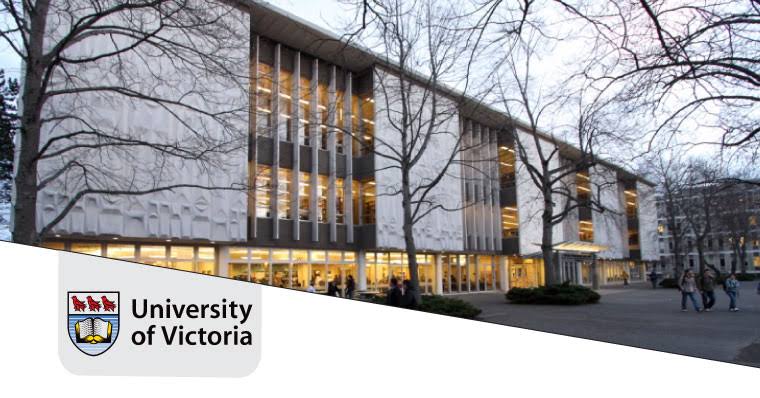Canada remains one of the most attractive destinations for business travelers, entrepreneurs, and investors due to its stable economy, robust legal framework, and access to international markets. As of July 2025, the Canadian government continues to offer streamlined pathways for foreign nationals looking to explore business opportunities, attend conferences, meet partners, or establish enterprises in the country. Whether you are a short-term visitor or a prospective immigrant, understanding the step-by-step process of obtaining a Canadian business visa is essential for a smooth application and entry experience.
Understanding the Canadian Business Visa
A Canadian business visa is a type of Temporary Resident Visa (TRV) issued to individuals who intend to enter the country for short-term business-related purposes. This visa does not authorize the holder to work in Canada in a paid position but allows them to engage in permitted business activities.
Typical business activities covered include:
- Attending business meetings or conferences
- Exploring investment opportunities
- Negotiating contracts or partnerships
- Site visits and trade show participation
- Receiving or providing business training
Those intending to stay longer, start a business, or invest substantially may need to explore other immigration streams such as the Start-Up Visa Program or Provincial Nominee Programs (PNPs) for entrepreneurs.
Step 1: Determine Your Eligibility
Before applying for a business visa, you must ensure you meet Canada’s general entry requirements and specific criteria for business visitors:
- You must have a valid passport
- You must intend to stay for less than six months
- You must not plan to enter the Canadian labor market
- You must have proof of ties to your home country (e.g., job, property, family)
- You must have sufficient funds to cover your stay
- You must not pose a security or health risk to Canada
- You must have an invitation from a Canadian business partner, if applicable
Citizens of visa-exempt countries do not need a business visa but must obtain an Electronic Travel Authorization (eTA) to fly into Canada.
Step 2: Gather the Required Documents
A successful business visa application depends heavily on the quality and completeness of your documentation. The following items are typically required:
- A valid passport with at least six months of validity
- Completed application form for a Temporary Resident Visa (IMM 5257)
- Proof of business activities in Canada (e.g., conference registration, meeting invitation, business contracts)
- A letter of invitation from the Canadian host company
- A letter from your employer stating your role and purpose of visit
- Evidence of ties to your home country (e.g., job letter, family documents)
- Financial proof (bank statements, income slips, etc.) to show you can cover travel costs
- Two recent passport-sized photographs meeting specifications
- Proof of travel history (previous visas or stamps)
- Travel itinerary including hotel bookings and return ticket
- Visa application fee payment receipt
Ensure all documents are translated into English or French if originally in another language and certified as needed.
Step 3: Submit Your Application Online or at a Visa Application Center (VAC)
Applicants can submit their visa application through:
- Online: Via the Immigration, Refugees and Citizenship Canada (IRCC) portal
- VAC: By visiting an authorized Visa Application Center in your country
Online application is the preferred method for most applicants due to its convenience and faster processing times. Once your application is submitted, you will receive a confirmation letter and possibly a biometric instruction letter.
Step 4: Provide Biometrics
Biometrics (fingerprints and photo) are mandatory for most applicants. You will be instructed to visit a designated Visa Application Center or Application Support Center to complete this step. Biometrics are valid for ten years and are used to confirm your identity and background.
Step 5: Wait for Processing and Visa Decision
Processing times can vary depending on your country of residence and time of year but typically range from 2 to 6 weeks. During this period, immigration officers assess:
- The legitimacy of your business visit
- The likelihood of returning to your home country
- The completeness and consistency of your documents
You may be contacted for an interview or asked to provide additional documents. Once a decision is made, your passport will be requested for visa stamping (if approved) or returned with a refusal letter (if declined).
Step 6: Prepare for Travel to Canada
If your visa is approved, you will receive a visa counterfoil (sticker) in your passport indicating the validity period and number of entries. Make sure to bring all relevant documents when entering Canada:
- Valid passport with visa
- Letter of invitation from Canadian host
- Conference/event registration or meeting confirmation
- Supporting business documents
- Return flight and accommodation details
At the port of entry, you may be interviewed briefly by a border services officer to confirm your intent and duration of stay. Be clear, concise, and truthful in your responses.
Optional Pathways: Long-Term Business Immigration
If your goal extends beyond a short visit, Canada offers several programs for long-term business and investment immigration:
- Start-Up Visa Program: For entrepreneurs with innovative business ideas backed by Canadian investors
- Self-Employed Program: For individuals involved in cultural or athletic fields
- Entrepreneur Provincial Nominee Programs: Each province offers its own entrepreneur stream with varying eligibility criteria
These streams usually require a business plan, investment capital, and a commitment to operate a business in Canada for a specified period.
Conclusion
Obtaining a Canadian business visa involves a careful process of eligibility assessment, document preparation, and application submission. When approached with diligence and proper planning, it opens doors to valuable business networks, economic opportunities, and professional growth. Whether attending a trade event in Toronto or exploring investment prospects in Vancouver, Canada welcomes global business visitors as contributors to its dynamic economy and inclusive innovation ecosystem.




Good